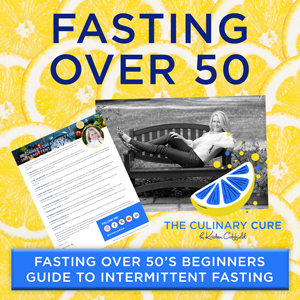New USDA Proposed Farm Bill Rule Threatens Food Security

Urgent message from Katherine Tallmadge, M.A., R.D.N. - The new farm bill, signed into law December 20 by President Trump, will serve the public by investing in a strong food safety net, nutrition education programs that promote healthy people, and a robust food system and strengthened economy, according to the Academy of Nutrition and Dietetics.
However, a proposed rule announced by the U.S. Department of Agriculture hours before the signing could decrease states' flexibility to waive work requirements for people who receive benefits under the Supplemental Nutrition Assistance Program (SNAP).
"The farm bill, as signed into law, reinforces the inherent link between agriculture and nutrition by fostering access to nutrient-dense foods that promote health and providing consumer education that increases nutrition literacy and life management skills," said registered dietitian nutritionist and Academy President Mary Russell.
"The bipartisan farm bill ensures the integrity of the Supplemental Nutrition Assistance Program, while making targeted improvements for seniors and people with disabilities and modernizing systems and technology," Russell said.
USDA's proposed rule, however, would affect people's eligibility for SNAP, which the Academy believes is highly effective in preventing food insecurity and alleviating poverty, and is linked with improved health and lower health care costs.
"SNAP helps one in eight Americans put food on the table and keeps more than 8 million people out of poverty. The Academy supports efforts to ensure states have the flexibility needed to improve people's food security," Russell said.
The farm bill will improve coordination of SNAP-Ed with other nutrition education programs and take steps to increase accountability and reporting of outcomes, as well as sharing of information between states through an information clearinghouse. The coordination of programs would not be affected by USDA's proposed rule.
"Access to food is a key component of reducing food insecurity. Nutrition education through the SNAP-Ed program affords participants the opportunity to budget for and prepare healthy foods and maximize their purchasing ability," Russell said.
###
*/
The Academy of Nutrition and Dietetics is the world's largest organization of food and nutrition professionals. The Academy is committed to improving the nation's health and advancing the profession of dietetics through research, education and advocacy.
*/





